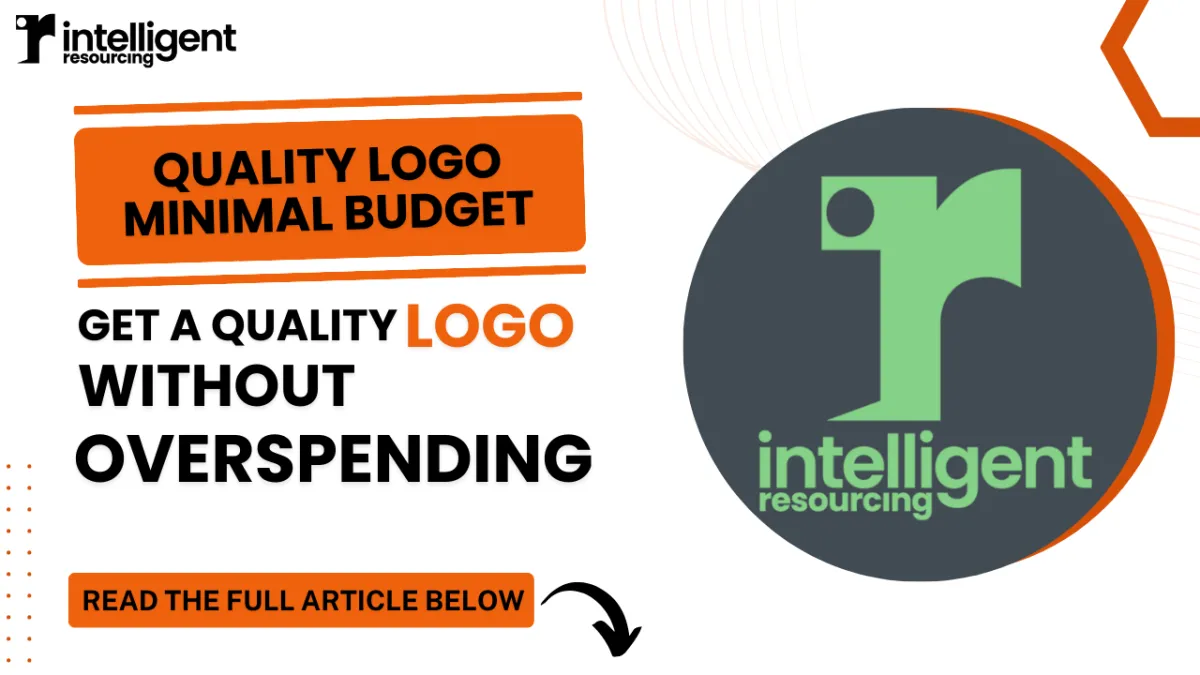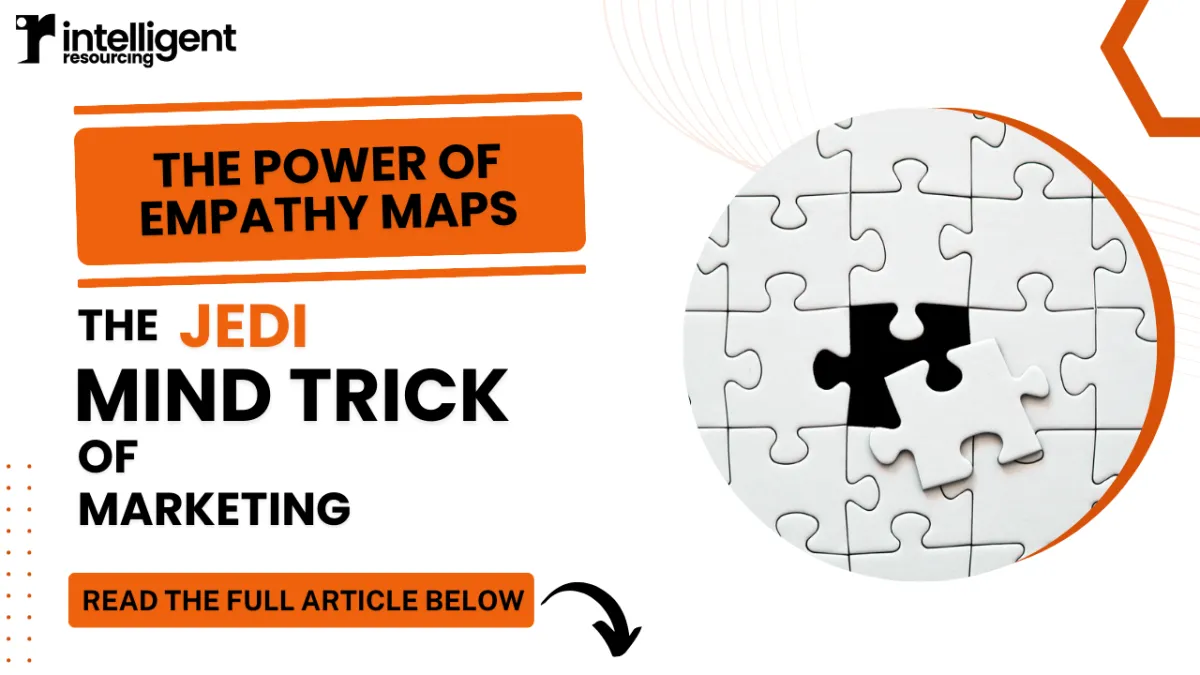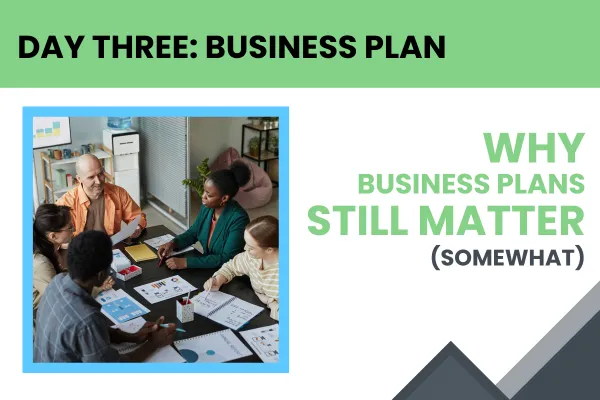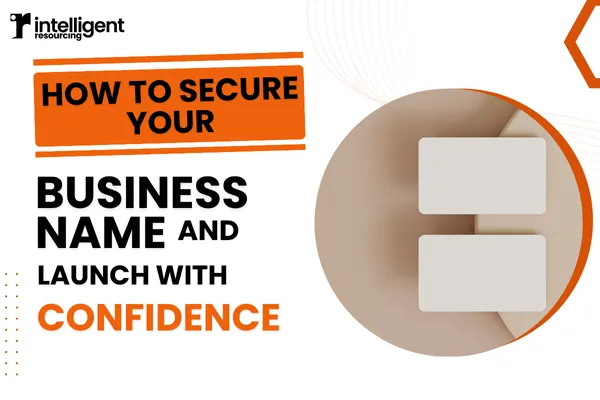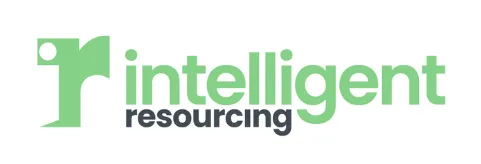
Why Most Startups Fail: They Don’t Follow This Four-Step Process
It’s a harsh reality: up to 90% of startups fail, with approximately 10% not surviving their first year and a staggering 70% collapsing between their second and fifth years.
Most of these businesses don’t fail because their ideas were bad. They fail because they never proved their ideas were good in the first place.
Too many founders fall in love with building before validating. They believe that if they just build a great product, customers will come. But in reality?
Before The Lean Startup made this concept mainstream, Eric Ries’ mentor Steve Blank revealed the real reason behind startup failures in The Four Steps to the Epiphany.
His core message? Startups don’t begin with a product. They begin with a customer.
Why Most Startups Are Doomed from the Start
Failures often stem from flawed assumptions rather than flawed products. Startups collapse because they:
Develop products nobody asked for.
Burn cash on marketing that doesn't convert.
Scale too early without proof that customers will pay.
Without testing demand first, you're gambling—and the odds are against you.
What Successful Startups Do Differently
The best startups don't start with a product; they start with a pain point. Companies like Airbnb, Dropbox, and Zappos didn't build first and sell later; they validated demand before investing.
Airbnb listed their own apartment on a simple webpage to see if strangers would book.
Dropbox created a 3-minute demo video to test demand before coding.
Zappos photographed shoes from local stores to gauge interest before investing in inventory.
They didn't guess; they proved. That's exactly what The Four Steps to the Epiphany teaches. Before you invest time, money, or resources, you need to confirm that people actually want what you're offering.
The Four Steps to the Epiphany: A Blueprint for Startup Success
Steve Blank's methodology, detailed in The Four Steps to the Epiphany, provides a structured framework for building a successful startup.
Step 1: Customer Discovery
This initial phase focuses on understanding customer problems and needs. Instead of assuming you know the market, you engage directly with potential customers to gather insights.
The goal is to validate that a real problem exists and that your solution addresses it effectively. If no one cares about the problem, your startup is already dead.
Speak to 50+ potential customers before building anything.
Ask open-ended questions about their pain points.
Find out if they have already spent money on solving this problem.
If customers aren't actively looking for solutions, the demand isn't strong enough.
Step 2: Customer Validation
Once you've identified a problem-solution fit, the next step is to develop a repeatable and scalable sales process.
Customer Validation is about proving people will actually pay for your solution—not just say they like it.
Pre-sell your product through pre-orders or pilot programmes.
Test different pricing models to see what customers will pay.
Track conversion rates—if people aren't committing financially, there's a problem.
Many founders mistake interest for demand. If people say, "That sounds great!", it means nothing. If they pay upfront, it means everything.
Step 3: Customer Creation
With a validated sales model, the focus shifts to creating and driving end-user demand.
This phase is where marketing, positioning, and lead generation become critical. Unlike traditional product launches, startup marketing is about finding early adopters first, not mass appeal.
Focus on niche audiences first.
Use referral and word-of-mouth strategies.
Leverage testimonials and case studies to build trust.
This is also when you should be optimising conversion funnels based on customer feedback.
Step 4: Company Building
The final step transitions the startup from an experimental learning-focused organisation to a structured, process-driven company.
This means:
Hiring the right leadership to manage growth.
Defining KPIs and metrics to ensure scalability.
Systematising operations to sustain long-term success.
At this stage, a startup is no longer just testing assumptions—it's executing a proven model at scale.
Why Most Founders Get This Wrong
Talking to the Wrong People
Many founders think they're validating demand, but they're actually just seeking approval.
If your feedback comes from:
Friends & family – They won't tell you the truth.
Investors – They care about market size, not usability.
Advisors – They aren't the ones buying your product.
Real validation only comes from:
People who currently experience the problem.
Customers already paying for bad alternatives.
Users actively looking for a better option.
If the wrong people say your idea is great, it means nothing.
The Cost of Skipping Customer Discovery
In Australia, recent data indicates a significant rise in business failures. As of October 2024, the national business failure rate reached 5.04%, up from 3.97% in October 2023, marking the highest level since October 2020.
Regionally, Victoria has seen a substantial number of business closures, with over 129,000 businesses ceasing operations in the past year, averaging a 4.4% quarterly closure rate. This trend has been attributed to factors such as high taxes, energy costs, and regulatory burdens.
These statistics underscore the critical importance of thorough market validation and customer discovery for startups. Without confirming a genuine market need, businesses risk joining the growing number of failures in the current economic climate.
A major reason for this is lack of product-market fit—the number one cause of startup failure worldwide. Research shows that 42% of startups fail because they don't serve a real market need. Instead of validating demand, many founders build a product first and hope people will buy, only to realise too late that they misunderstood their audience.
Startups that skip Customer Discovery often waste significant time and resources on developing a product no one wants, hiring too soon, and spending on marketing campaigns that don’t convert. This is why validation before scaling isn’t just recommended—it’s essential for survival.
How Intelligent Resourcing Helps Startups Validate Before Scaling
At Intelligent Resourcing, we help startups avoid costly mistakes by ensuring they validate demand before making major investments.
Rather than relying on assumptions, we work with businesses to:
Test market demand using automation and AI-driven insights.
Implement structured Customer Discovery processes to confirm product-market fit.
Optimise lead generation and customer acquisition strategies for real-world validation.
Scaling too soon—before validating demand—leads to wasted capital, hiring inefficiencies, and marketing that doesn’t convert. The most successful startups are those that confirm there’s a real, paying market before committing significant resources.
Want to avoid hiring mistakes? Learn how Upsourcing can help you scale smarter.
What’s Next for Your Startup?
If you’re serious about building a scalable, profitable business, Customer Discovery isn’t optional—it’s the foundation of everything you do.
Before you invest months (or years) into development, ask yourself:
Do I have direct proof that customers are willing to pay for my solution?
Have I spoken to at least 50 real potential customers?
Can I secure pre-orders, deposits, or early commitments before scaling?
If you can’t confidently answer yes to these questions, you’re not ready to scale yet—but that’s a good thing. It means you have the opportunity to pivot, test, and refine before risking everything on an unvalidated assumption.
Want expert guidance on making data-driven decisions before scaling? Talk to us today.
Your startup doesn’t fail when it runs out of money.
It fails the moment you assume demand instead of proving it.
The best founders don’t build first and hope for the best. They validate first and scale only when they have proof.
Which kind of founder are you?


